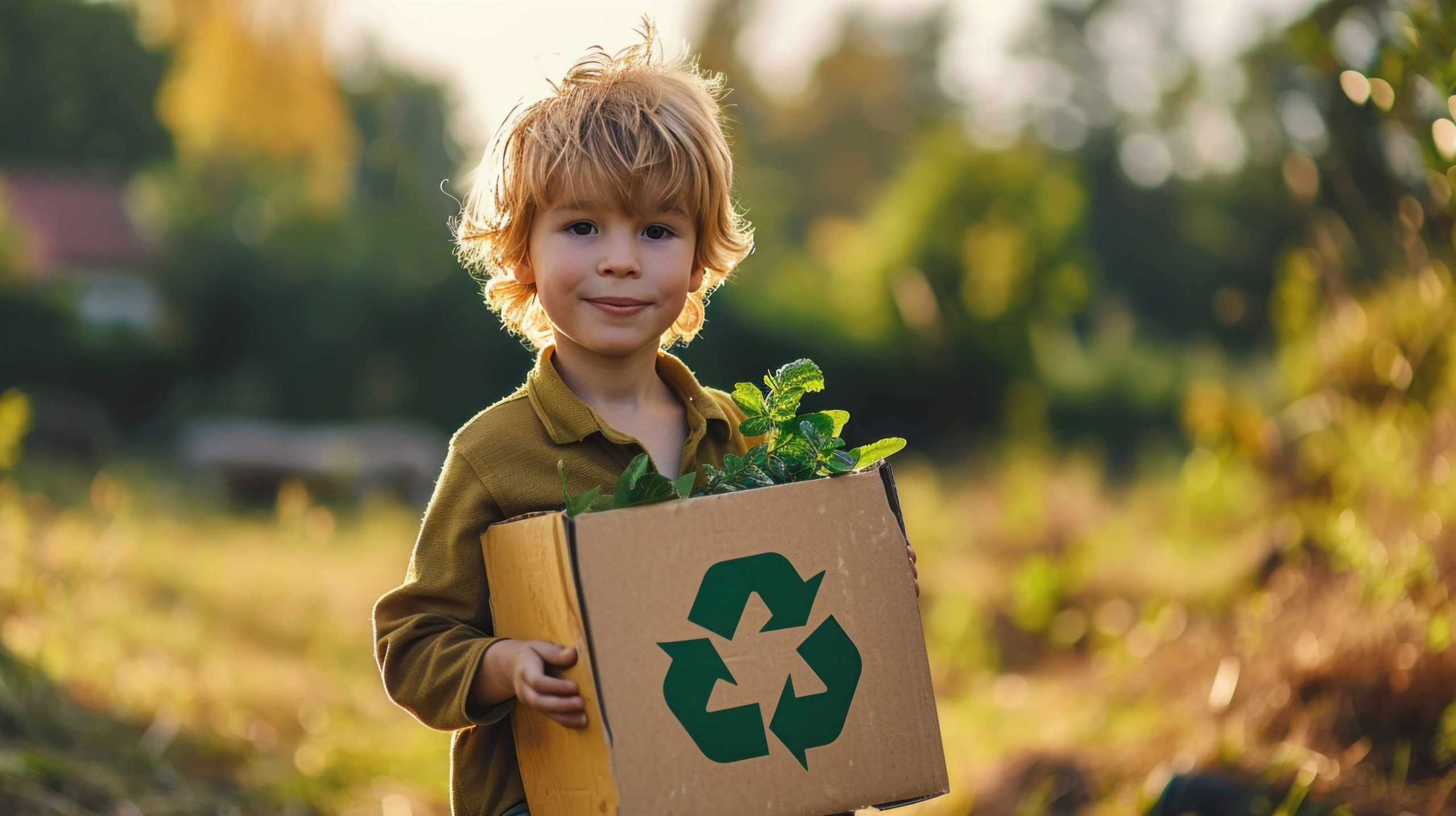
Raising Environmentally Conscious Preschoolers: Why it Matters and How to Do It
As environmental concerns grow, many parents and caregivers seek ways to raise environmentally conscious preschoolers. Despite seeming daunting, there are simple steps to nurture an appreciation for nature and a commitment to its protection. This article delves into the importance of raising environmentally conscious preschoolers and offers practical tips for achieving this goal.
The Importance of Raising Environmentally Conscious Preschoolers
Being environmentally conscious isn’t just about saving the planet; it’s about preparing preschoolers for a sustainable future and promoting their physical and emotional wellbeing. Here’s why it matters:
- Ensuring a sustainable future: Teaching preschoolers about environmental issues and sustainability prepares them for a future where these concerns will be more critical.
- Promoting physical health: Pollution and environmental hazards can harm preschoolers’ physical health. Teaching them to protect the environment also promotes their physical wellbeing.
- Supporting emotional wellbeing: Connecting with nature positively impacts mental health. Helping preschoolers appreciate the natural world supports their emotional wellbeing.
Practical Tips for Raising Environmentally Conscious Preschoolers
Here are actionable tips to raise environmentally conscious preschoolers:
- Explore nature together: Take preschoolers on nature walks or to local parks to foster an appreciation for the environment. Encourage curiosity and observation.
- Lead by example: Model sustainable behaviors like using reusable items, conserving energy, and practicing water efficiency.
- Engage in sustainable activities: Involve preschoolers in recycling, composting, and other eco-friendly practices. Explain the importance behind these actions.
- Read environmental books: Explore books about nature and sustainability to spark conversations and inspire preschoolers.
- Reduce waste: Encourage the use of reusable containers, minimize single-use plastics, and repurpose items whenever possible.
- Teach conservation: Educate preschoolers on conserving resources such as water and energy in daily activities.
- Introduce gardening: Gardening teaches sustainability and responsibility. Let preschoolers participate in planting, weeding, and composting.
By implementing these strategies, parents and caregivers can raise environmentally conscious preschoolers committed to protecting the planet.
Challenges and Solutions
While there are numerous benefits, raising environmentally conscious preschoolers comes with challenges:
- Limited access to nature: Explore community gardens or virtual field trips if natural areas are inaccessible.
- Conflicting messages: Provide clear and consistent messaging about sustainability to counteract conflicting information.
- Time constraints: Even small changes like turning off lights can make a difference despite busy schedules.
- Resistance to change: Be patient and persistent in encouraging sustainable practices despite initial resistance.
Despite challenges, nurturing environmentally conscious preschoolers is crucial for their future and the planet’s wellbeing. It requires dedication and creativity but yields lasting benefits.
Tips for Encouraging Eco-Conscious Behavior
Here are additional tips for promoting environmentally conscious behavior in preschoolers:
- Model sustainable behavior: Demonstrate eco-friendly practices like recycling and reducing energy consumption.
- Provide outdoor opportunities: Allow preschoolers to explore nature firsthand to foster a love for the environment.
- Discuss environmental issues: Use age-appropriate language to explain the importance of protecting the planet.
- Make eco-friendly choices: Opt for sustainable products and practices in daily life to reinforce environmental stewardship.
- Engage in sustainable practices at home: Involve preschoolers in activities like composting and water conservation.
- Foster creativity: Encourage using recycled materials for art projects and nature exploration to promote environmental consciousness.
Raising environmentally conscious preschoolers contributes to a sustainable future and a more just society. It requires effort but leads to positive impacts on preschoolers’ lives and the planet.


